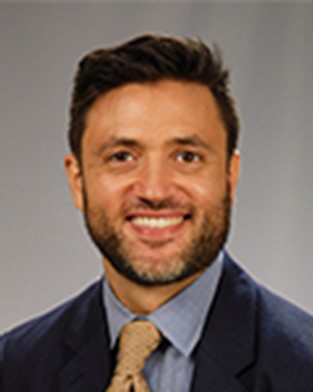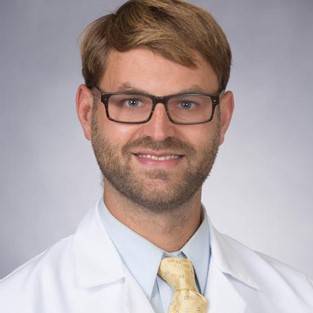Ep. 36 - Management of STI-Related Anorectal Pathology

As stewards of anorectal primary care, colorectal surgeons must be well-versed in treating patients with anorectal sexually transmitted infections (STIs). Join Avery, Biddy, Jon and Sam as they share stories, cases and insights on how they manage STI-related anorectal pathology.
CO-HOSTS

Avery Walker, MD, FACS, FASCRS
El Paso, TX
Avery Walker is dually board-certified in General Surgery and Colorectal Surgery. He earned his medical degree at the University of Illinois in Chicago, his General Surgery residency at Madigan Army Medical Center in Tacoma, Washington, and his Fellowship in Colon and Rectal Surgery at The Ochsner Clinic in New Orleans. A former active-duty officer in the United States Army, Dr. Walker served 13 years as a general and colorectal surgeon with his most recent duty station in El Paso, TX at William Beaumont Army Medical Center. While there he was the Chief of Colon and Rectal surgery as well as the Assistant Program Director for the general surgery residency program. He currently practices colon and rectal surgery at The Hospitals of Providence in El Paso, TX. Dr. Avery Walker is married and has two daughters aged 13 and 9.

Biddy Das, MD, FACS
Houston, TX (Twitter @BiddyDas)
Dr. Bidhan “Biddy” Das has board certifications for both colon and rectal surgery, and general surgery. His passion for medical education and medical process improvement has resulted in book chapters and publications, and national and regional presentations on those subjects. Highlighting his medical expertise on fecal incontinence, he has been featured on patient education videos and national and international television and radio as a featured expert on these colorectal conditions. Dr Das also has a particular interest in surgeons redefining their careers -- he serves as both a software consultant and private equity consultant in Boston, New York City, and Houston.

Jonathan Abelson, MD, MS
Arlington, MA (Twitter @jabelsonmd)
Dr. Abelson was born and raised in Scarsdale, New York in the suburbs of New York City. He has 2 older brothers and both of his parents are dentists. Dr. Abelson went to college at University Pennsylvania, took 2 years off between college and medical school to work in healthcare consulting. He then went to medical school at University of Virginia, returned to New York for general surgery residency at Weill Cornell on the upper east side of Manhattan. Dr. Abelson then did colorectal fellowship at Washington University in St. Louis and am now at Lahey clinic in Burlington, Massachusetts for my first job after training. He is 2 years into practice and has a wife and two sons. His wife works in wellness consulting and they have a dog named Foster who we adopted in St. Louis.

Sam Eisenstein, MD
La Jolla, CA (Twitter @DrE_UCSD)
Sam Eisenstein is an Assistant Professor of Colon and rectal surgery and director of Inflammatory Bowel Disease surgery at UC San Diego Health. He has worked there for the past 8 years after graduating both residency and fellowship at The Mount Sinai Medical Center in New York. Sam is best known as the founder and organizer of the IBD-NSQIP collaborative, a large multi institutional data collaborative examining outcomes after IBD surgery, but he also is involved in several clinical trials for perianal Crohn’s and has extensive experience with stem cell injections for anal fistulae. He is also on the scientific advisory board for the Crohn’s and Colitis Foundation for his work on the next big IBD data collaborative, IBD-SIRQC (Surgical Innovation, Research and Quality Collaborative). Sam has a Wife and 3 kids (6,8, and 3) and spends most of his free time running around after them these days, but also enjoys traveling and getting out into nature with his family.


